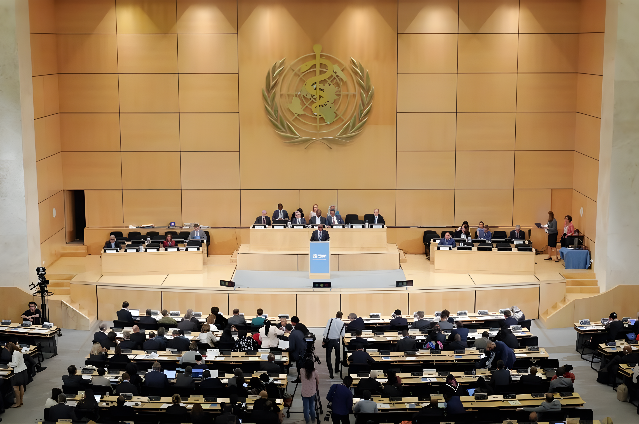Recently, the Prime Minister of India, Mr. Narendra Modi raised the much-discussed matter of revamping the World Health Organisation ( WHO ). The revamping is much essential to deal with the challenges posed by the pandemic. The growth of pandemic has prompted requests for increased public health collaboration, both at the regional or global levels.
WHO is also not immune from power politics. Powerful countries like US and China influence it's decision-making. The member states of the UN scarcely fund the organisation. It receives the actual monetary support to gear it's work from the voluntary funding by countries and organisations.
The institutional set-up of WHO must be strongly able to push global cooperation in public health and assist the developing countries to re-structure the health infrastructure. A multilateral organisation such as WHO is not involved in drug research.
India's nine-point plan for reforms of the World Health Organisation (WHO) includes:
- Mechanical changes are required to address health emergencies globally.
- Changes and remodelling are required in the funding pattern and the governance of the organization.
- Transparency in the use of funds.
- WHO should be granted flexibility in the usage of funds.
- It should be protected against any sort of power politics. It should have an independent decision module.
- The budget accorded to WHO should be increased so that the core activities are financed from it, without putting an overwhelming financial burden on developing countries.
- It should continue in it's role to ensure fair, affordable, and equitable access to Covid-19 vaccines.
- It should have greater power in tackling health issues and emergencies globally.
- WHO must maintain it's technical focus but broaden it's scope to include input from political scientists, urban designers, lawyers, logisticians or information technology specialists.
. . .
References:

